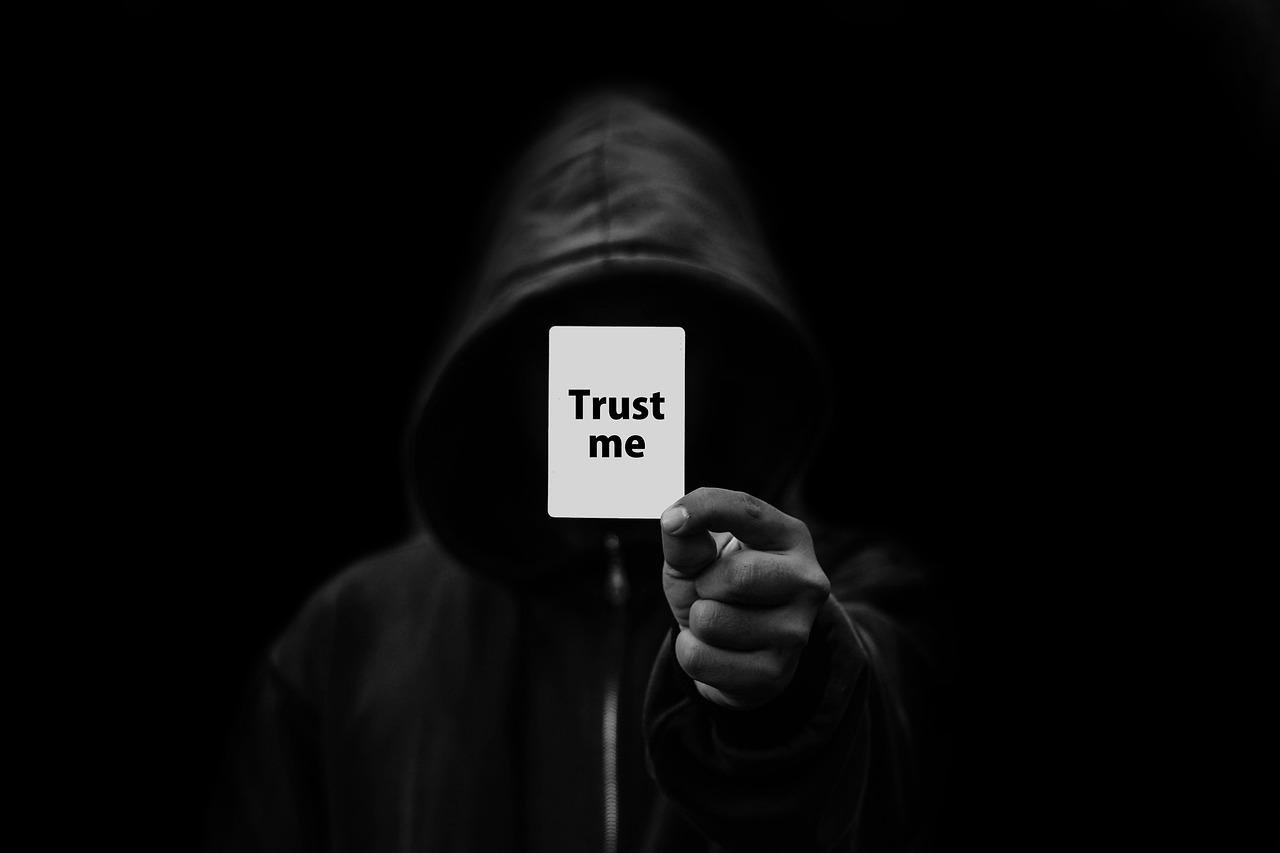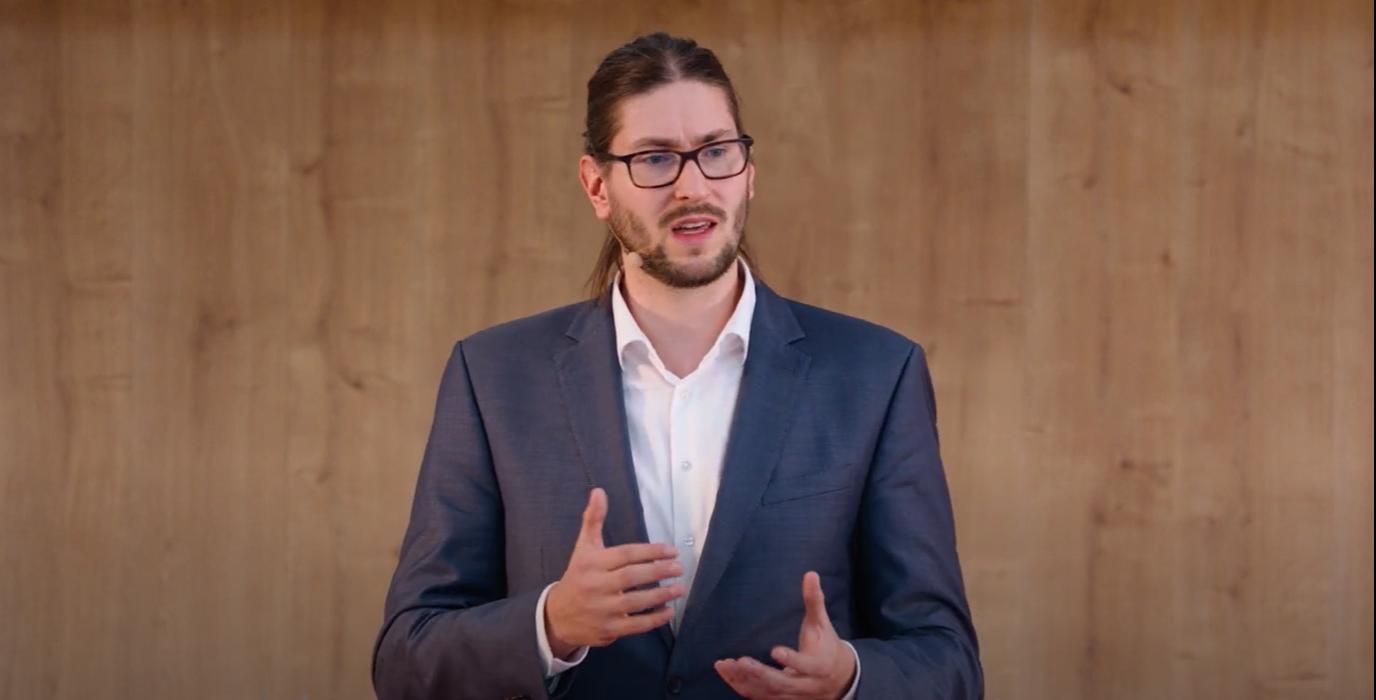When I first heard a psychologist was about to discuss AI at a TEDx talk, my skeptical and started his keynote with: “Can I trust a psychologist to enlighten me about artificial intelligence?”, my skepticism tweaked down a notch. Perhaps this is exactly the fresh perspective we need.
Psychologist Markus Langer opened with this perfect introduction “who to trust” given his emphasis on trust throughout the talk. Markus cleverly likens faith in AI to our daily trust in people such as doctors, friends, and colleagues. This immediately resonated with me. Trust, after all, isn’t a switch we flip on or off. At least: I can’t: it’s nuanced, carefully built through repeated interactions, consistency, reliability, and the occasional proof of genuine competence. It’s earned, the hard way.
Like many, I find myself oscillating between fascination and caution when it comes to artificial intelligence. Initially amazed by the seemingly limitless potential of tools like ChatGPT, Gemini, Mistral or Midjourney, reality quickly reminds me that AI isn’t infallible. No human is. No technology is. Why would this be any different? Mistakes, biases, and limitations inevitably emerge, nudging me towards an even more cautious stance. And this, perhaps, is a good thing: trust should never be automatic, but secured gradually, through experience.
Markus emphasizes this notion by comparing trusting AI to trusting colleagues or even our doctors. We trust colleagues in areas where they have repeatedly shown reliability, yet we maintain skepticism in tasks they are less proficient at: perhaps numbers or picking good birthday cake for the team! Similarly, we might fully trust an AI system for data analysis but remain wary when the task involves creativity, ethical decision-making, or emotional intelligence. A one size-GPT-fits-all-world-propblems? Unlike in my book.
In my professional life, as I navigate the complex relationship between technology and human capabilities, I’ve developed what I affectionately call « skeptical openness. » (or a hairtriggered bullshitometer, if you pardon my French) Neither fully a believer nor a die-hard skeptic, I prefer to constantly question and reassess. This adaptive skepticism ensures I keep my expectations realistic without missing genuine opportunities. I believe it preserves me from costly mistakes as well. Ironically, despite the aggressive pressure from some AI evangelists who proclaim that resisting AI means falling behind, and the equally loud warnings from AI critics forecasting technological doom, I’ve discovered the value of occupying this middle ground. Markus points out that AI itself isn’t inherently good or bad: it’s how we engage with and shape these tools that determines their true value.
Recently, I tried using AI to prepare for a presentation, expecting significant productivity gains. Ironically, it ended up being a rather unhelpful experiment. Instead, human interactions -with colleagues, mentors, and friends- proved infinitely more valuable (and enjoyable). Conversely, I’ve had surprisingly enjoyable experiences using AI for breaking writer’s block. The takeaway? AI isn’t a magic solution, but rather a tool whose effectiveness depends significantly on human judgment and creativity.
Markus closes his talk by reminding us of our crucial role in shaping AI. The responsibility lies with us to experiment, reflect critically, and provide ongoing feedback. Perhaps the healthiest relationship with AI involves not blind trust or stubborn skepticism but rather continuous, thoughtful engagement, and a good dose of ironic humor about our occasionally unrealistic expectations.
Any final comments? You can trust an AI as much as you would a person, as long as you consider man to be only a highly sophisticated machine. If you add to the equation the emotions, the conscience, the soul of each individual, then the question arises from a very different angle.
So, how about you? Are you diving headfirst into AI, testing its profound waters blindly, or resolutely standing at the shore, skeptical of its promises? There might be dragons….

